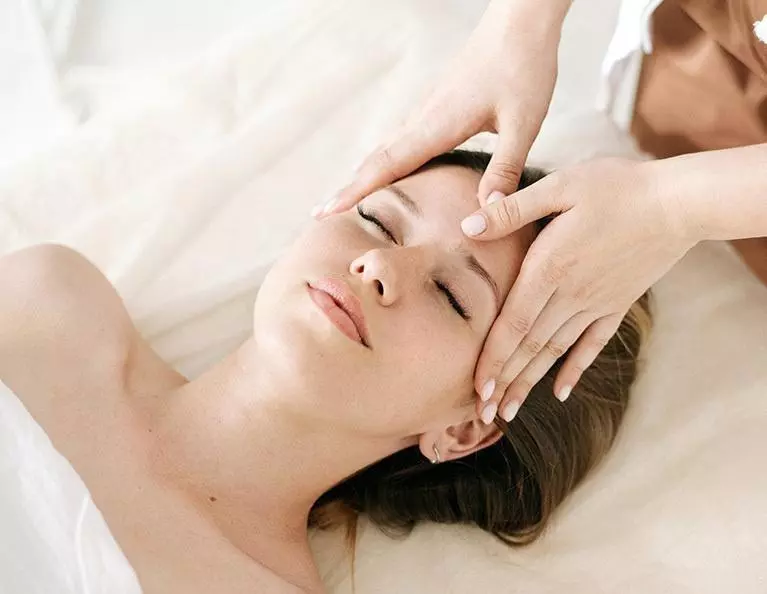If you’re suffering from a loss of hair, you’re not alone. Within the United States, it’s estimated that 21 million women and 35 million men suffer from hair loss.
If you can relate, then I’m sure you’ve asked yourself the same question over and over again — why? Here are some of the main causes of balding and hair loss outside of age and genetics. Of course, this is not a definitive list, as hair loss is a highly complex issue.
- Stress
As stated in a study in the American Journal of Pathology, neurotransmitters, cytokines and neurohormones released during a stress response can disrupt the hair cycle. Normally, the growth phase lasts between two and six years. When you’re stressed, this process is hindered (due to increased cortisol levels), causing hairs to prematurely move out of the growth period. Hairs go through the resting phase before falling out in large numbers — up to 10 times more than normal. - Anemia
Within the Western World, iron is the most common nutritional deficiency. Since it’s critical for producing a protein responsible for transporting oxygen throughout the blood, severe anemia can result in hair loss. You may also feel fatigued and anxious. This condition affects more women than men, with an increased risk among vegetarians. Some of the best sources of iron include beans, grass-fed red meat, leafy greens and pistachios. - Nutritional Deficiencies
Taking the issues surrounding anemia one step further, there are a number of nutritional deficiencies that cause premature balding. A zinc deficiency is one of the most common, as zinc is critical for hair cell regeneration. You also need to consume enough protein, vitamin A and omega-3 fatty acids. - Autoimmune Conditions
There are a number of conditions that can result in hair loss, including hypothyroidism and celiac disease. One in particular, alopecia areata, is of particular interest. One study found a specific type of t-cell is responsible for hair loss. As it releases a chemical, it triggers the immune system to attack hair follicles. - Pregnancy
Ladies, pregnancy can cause what’s known as telogen effluvium, or the excessive shedding of hair. Occurring one to five months’ post-pregnancy, it is said to affect anywhere from 40 to 50 percent of women. This is based on hormonal factors, and is typically temporary, returning to normal within six to 12 months. You may also experience hair loss following a miscarriage or upon the discontinuation of birth control pills.
Your best course of action is to try and determine the root cause of your hair loss. In some cases, as mentioned above, you can intervene. If you require further guidance, see a hair loss specialist as soon as possible.
At New Look Institute, we have proven that getting to the root of hair loss immediately is beneficial if you want to prevent hair loss. Whether or not you’re showing signs of advanced hair loss, early intervention is always the best defense against future hair loss. To schedule a free consultation, contact us today.







